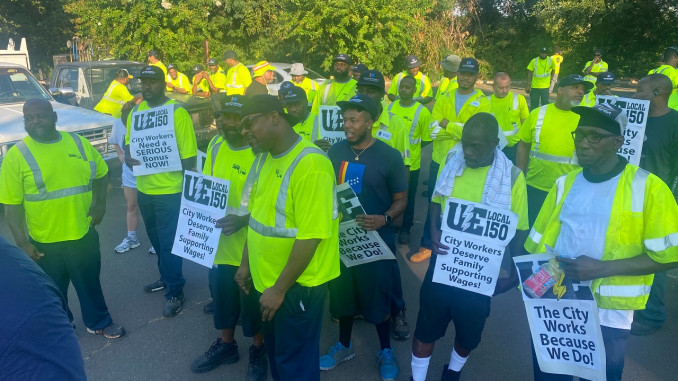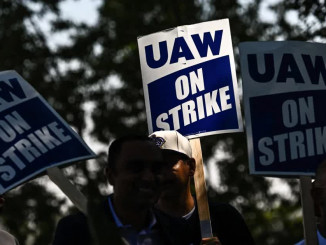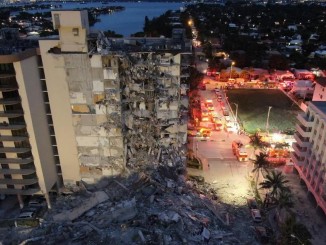
Strikes by public employees are illegal in North Carolina. In 2021 and 2022 city officials in Durham canceled promised wage increases to city employees on the excuse that COVID caused city tax receipts to fall. The 2023 city budget allocated a 6% raise, far less than the inflation of the last 3 years. On the night of September 5th 300 City of Durham workers, about a quarter of the workforce, brought a petition to the City council meeting calling for an immediate $5,000 bonus. The City Council rejected the petition. The next morning Durham sanitation workers – almost all of whom are Black – defied the law and went out on strike.
After 6 days, with garbage piled up around the city, sanitation workers called off their strike, believing they had made their point that their work was essential. The strike came in the middle of a hotly contested municipal election. Sanitation workers were joined by other city workers over the next couple of weeks to make their low pay scales a major issue. Early in October the city council approved the immediate payment of bonuses for all city workers of up to $5000 for the lowest-paid city employees. Sanitation workers themselves will receive between $2500 and $3750. “We didn’t get what we asked for, but we got a victory,” said solid waste operator John Burwell, adding that “the fight is not over.”
Some of the strikers are members of Local 150 of the United Electrical Workers Union. UE150 will demand that next year’s budget raise the minimum wage for city workers to $25 per hour, that solid waste laborers get a minimum of $28 per hour, and all heavy equipment operators or CDL holders be paid a minimum of $35 per hour.
The UE raised $51,000 to support the strikers and brought members from other towns in the area to join rallies in Durham. UE organizes housekeepers and other low-paid workers, including graduate students who teach at the two largest public universities in the state. In the aftermath of the partial victory in Durham, UE members and staff are actively working to build Local 150 membership among sanitation workers in Raleigh, the largest city in the immediate area. Winning in Raleigh will be tough. There, politicians are even less inclined to grant workers’ demands than their counterparts in Durham. No Durham official made an effort to invoke the anti-strike law, but the political climate in Raleigh is quite different.
Public employees in the larger cities and towns across North Carolina all share the same issues, namely understaffing driven by absurdly low pay scales and crappy benefits. Let’s hope the example of Durham workers encourages a state-wide strike movement of all public workers, teachers, and government office workers, as well as blue-collar workers like garbage collectors and street cleaners. In a state which prohibits collective bargaining and threatens strikers with jail, the most inclusive unity from workers across the state is the only way to win.




